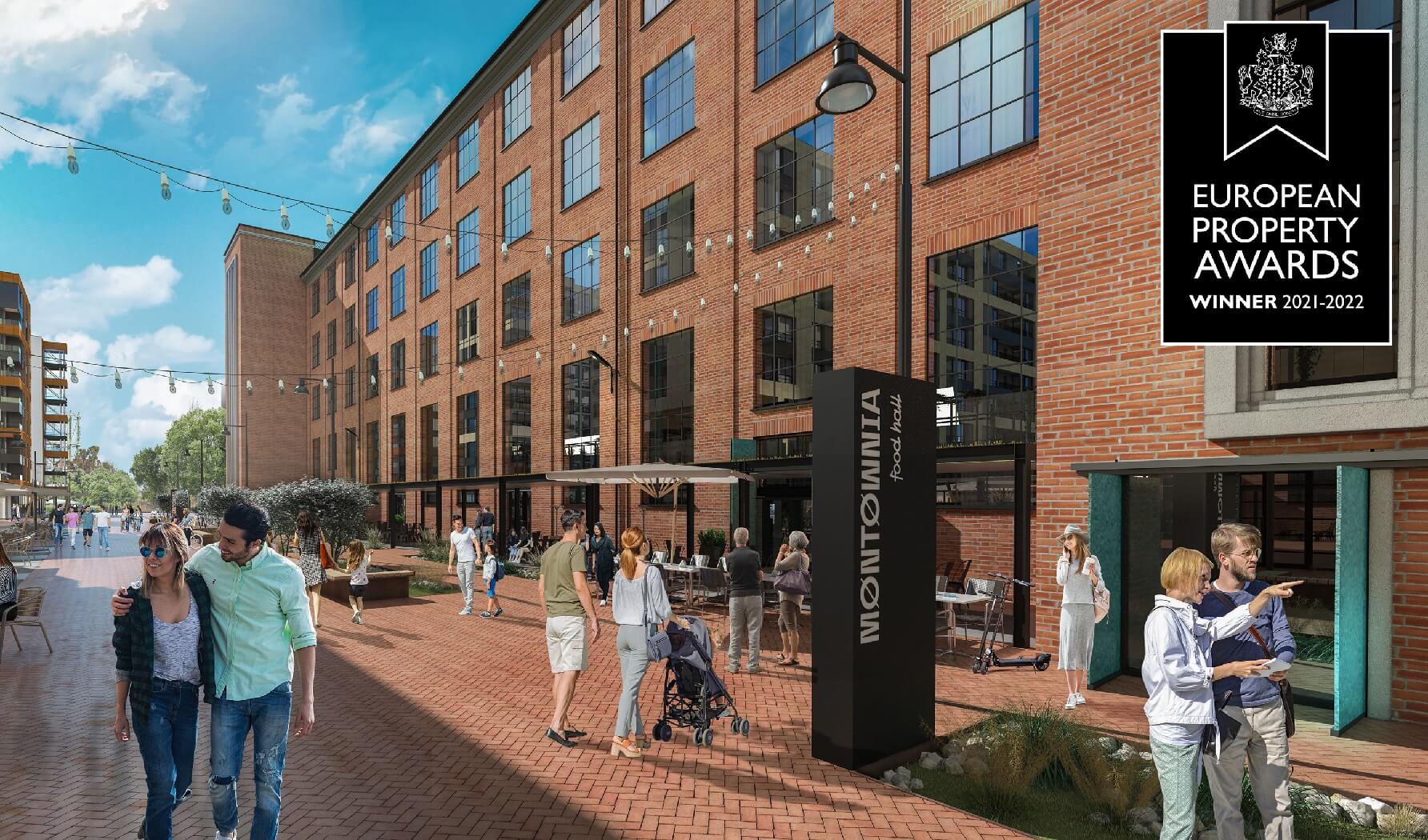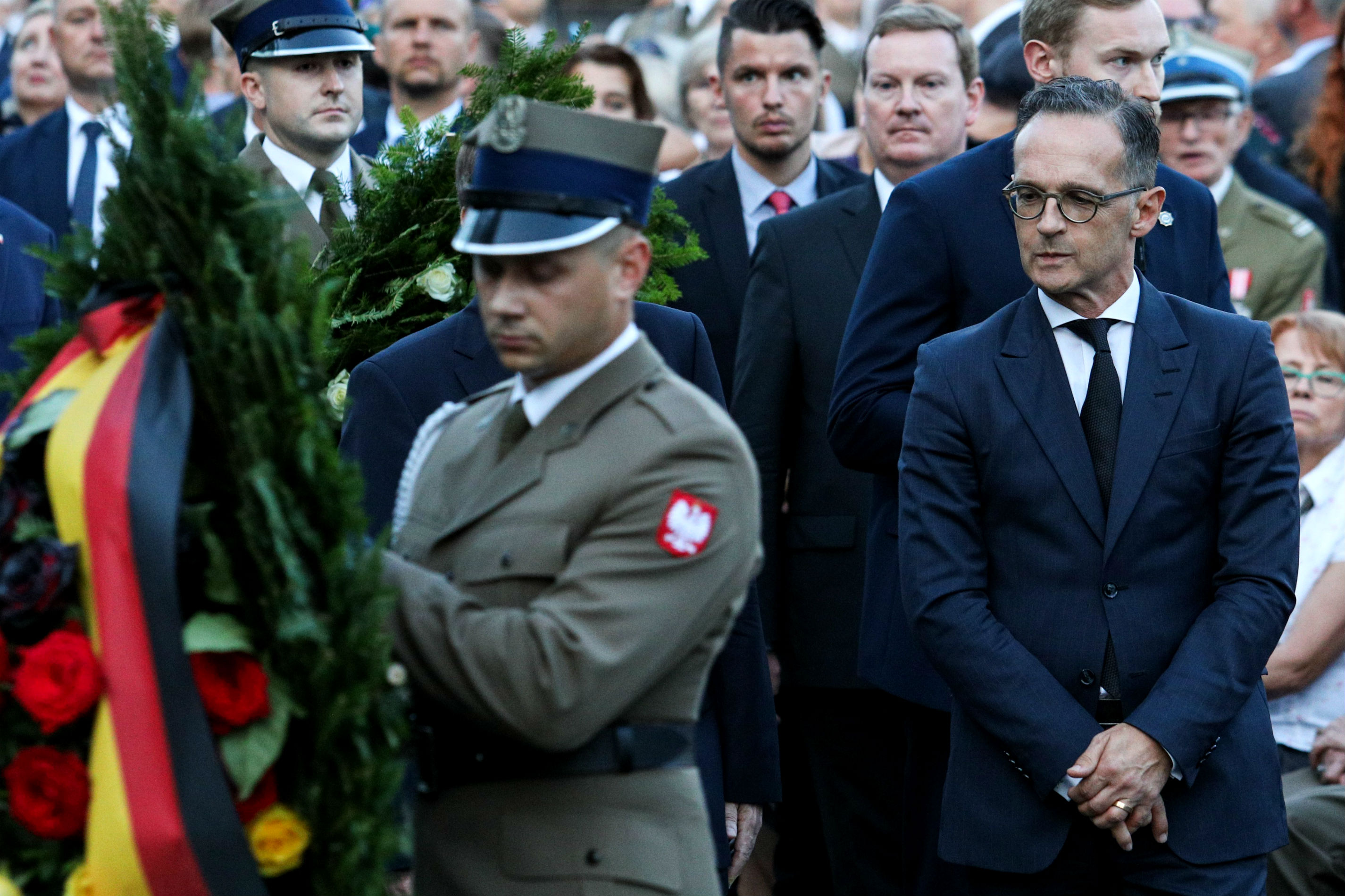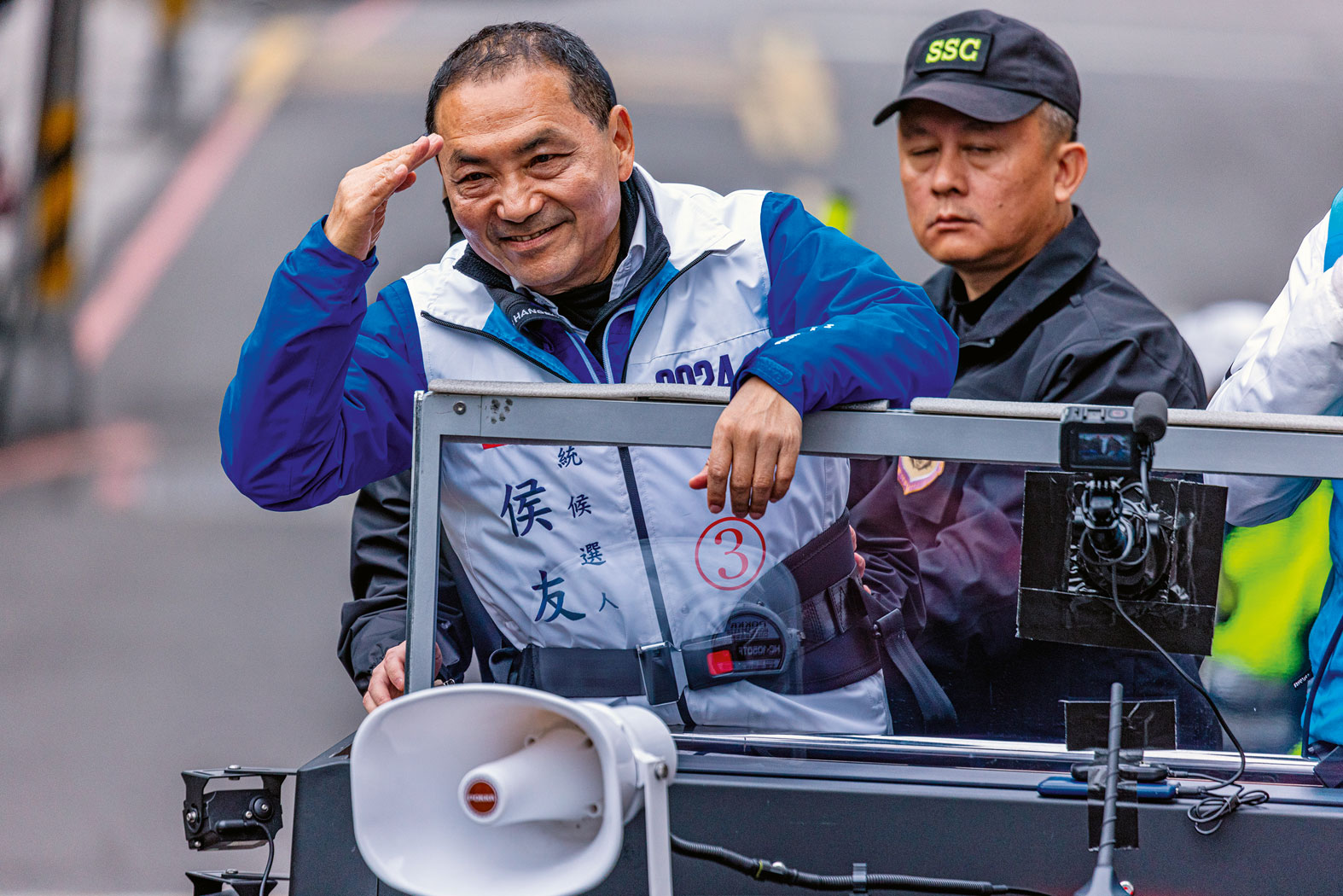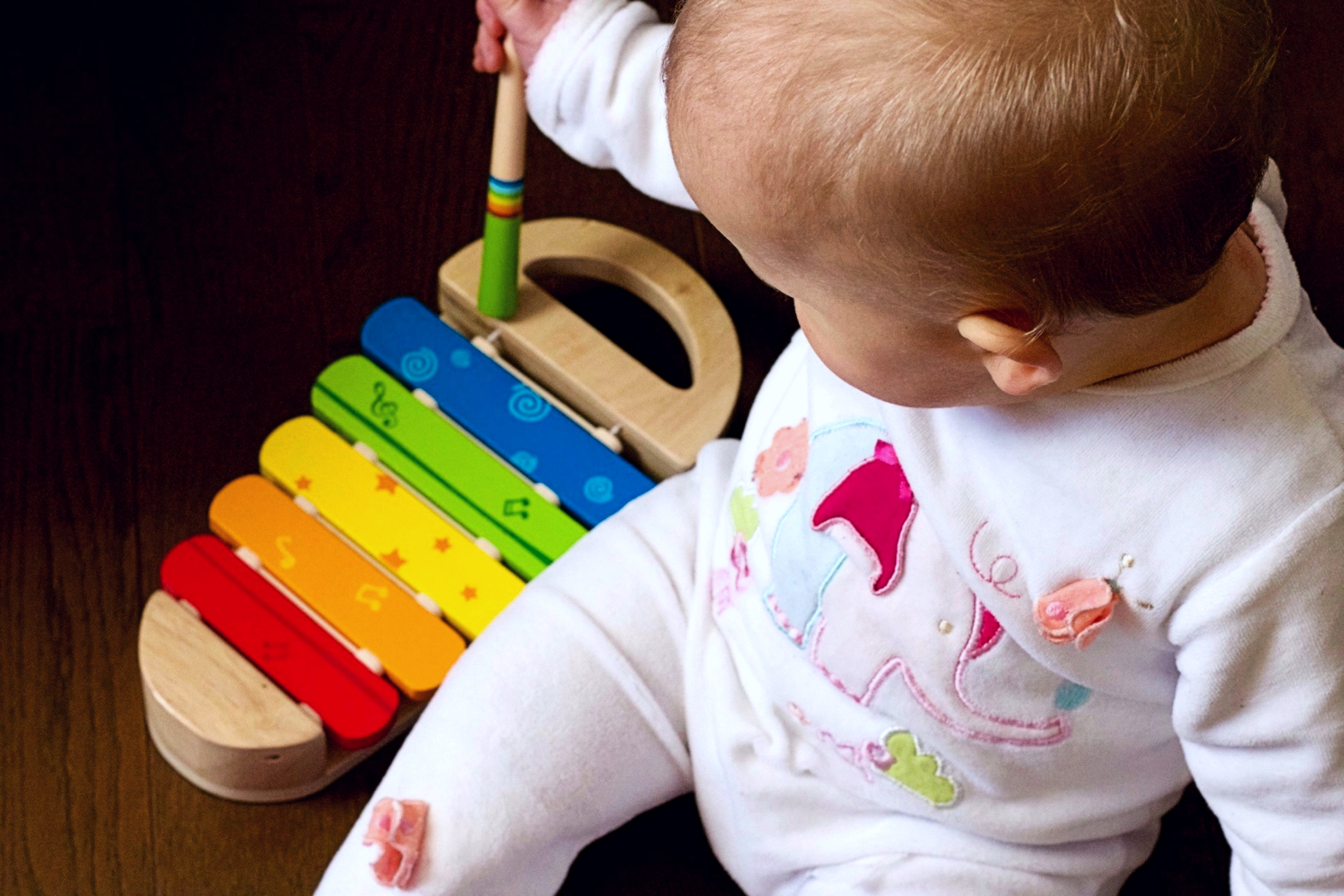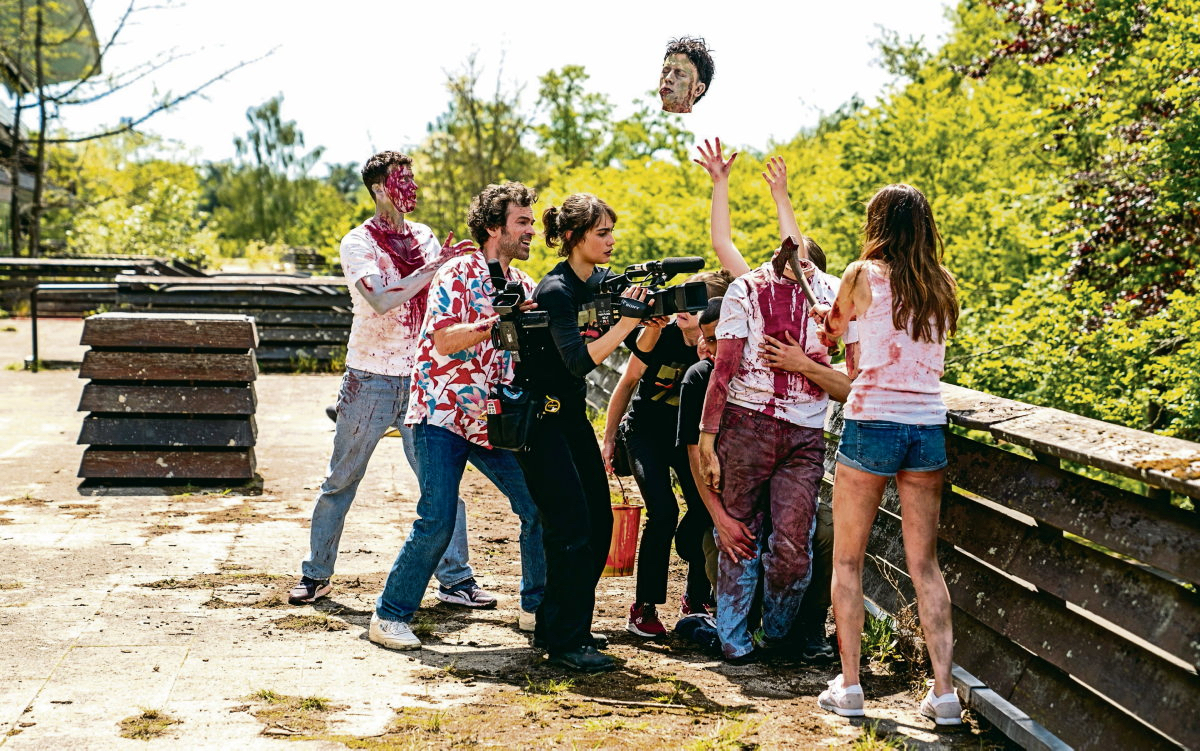Aleksandra Gieracka, “Wprost”: In what colors do you see the future?
Dominika Lasota, climate activist: So far, it is difficult for me to see a future ahead of me.
souptheNope?
I can’t imagine myself in five years. I feel like next year – the election year – will determine whether we can imagine any kind of future. For now, I’m just focusing on the here and now. There’s something weird about it. Friends who are not from the militant world often tell me that they want to go somewhere after university, to have a career, to start a family, and I think: it’s good that you have such peace in you. They are full of hope and joy. It’s more difficult for me.
Everyone in the activist community is like that?
There is a lot of sadness, anger, difficult emotions. Most friends I hang out with turns to psychologists for help. No one will activate the “Be happy and think positively about the future” button for us now. We know that our ability to think calmly about the future depends on specific political and systemic changes. All the work I do with other activists creates space for hope. It pushes me, because when we see that with each gesture we make, public opinion changes, when we make noise on the political scene, there is more and more chance for security and peace. . That’s why everything makes sense.
What was the first impulseonare youthey or theyto gunsanie?
It took time, but the breakthrough was the pandemic. I was finishing my final year at the time, the lockdown meant I had no final exams. I was sitting in my room and I didn’t know what to do with myself. I had difficult experiences at school with exclusion and learning was a safe world for me, where it was beautiful, good, interesting, where I could flourish. And suddenly my whole life was turned upside down.
Greta Thunberg threw itonj strike outside the Swedish parliament in August 2018. The following year, a wave of youth strikesonhas swept through thousands of cities around the world.
I watched it and was delighted. I really wanted to enroll, but at the time I was studying at a boarding school in England, which was very restrictive in that regard. I asked if I could go to a nearby town or to London because there was a strike there, or if I could do something at school and they always said no, it was forbidden. Then I thought something had to fall into place.
you rebelled?
On the day of the global strike, while everyone was still sleeping, I put up the posters. Then I saw one of the directors rip them off one by one. When the pandemic started, I came home ready and decided that maybe activism would be a safe new place for me. I knew English, so at the very beginning I translated various texts. But then, little by little, I went further, met people and started to be more active.
Now they write about you that you are “the face of the Polish climate movement” and “Polish Greta”. You feel the weight of responsibilityyou?
I always say I’m Dominika from Bydgoszcz, not Greta from Sweden (laughs). It’s hard for me to hear something like that when I know there are so many people we work with who are making these changes happen.
Strong and recognizable leaders drive the initiative forward. Like in politics.
On the other hand, I think it’s important for people to know that there are specific faces, specific stories behind these movements. In Poland, we have long been afraid to say that we belong to the climate movement and to say why our postulates should be important for everyone.


